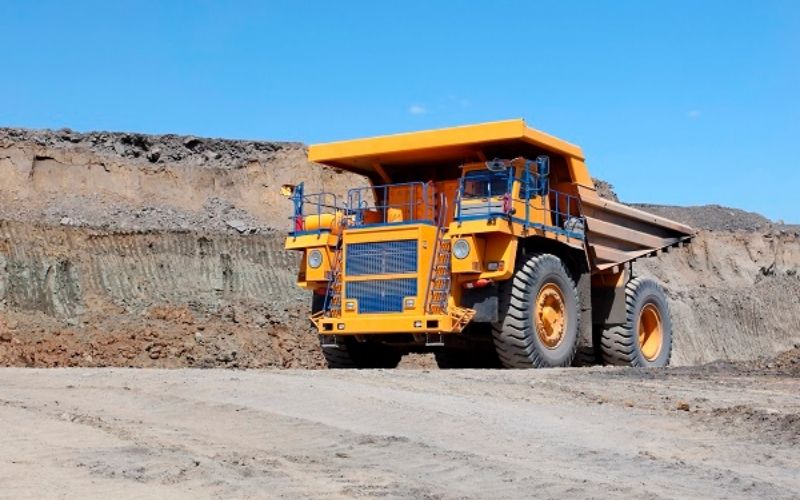T&E has teamed up with Amnesty International to campaign for improvements in EU battery legislation to ensure ethical sourcing of minerals for EV batteries.
The two NGOs say the draft legislation under the European Green Deal is very welcome, but it does not go far enough in guaranteeing the core principles of human rights and the environment in the race to decarbonise transport.
While T&E was one of the first environmental groups to champion electric cars as the primary technology to decarbonise road transport, it has also warned about the need for the minerals used in batteries – mainly lithium, cobalt and nickel – to be extracted safely and sold ethically.
Many minerals come from poor areas of the developing world, such as the large amounts of cobalt mined in the Democratic Republic of Congo.
Environmental and human rights NGOs have for years highlighted environmental degradation, poor working conditions and unfair sales of resources in parts of the global mineral extraction trade, mirroring environmental and human rights abuses in certain areas of the fossil fuel industry.
As a result, safe and sustainable mining practices along with fair division of resources are central to the energy transition, so that EVs do not cause a new wave of global exploitation.
Now, a new paper by Amnesty and T&E sets out how the proposed EU battery regulation – part of the EU Green Deal and the EU’s first ‘Circular Economy’ initiative – should be reworded so it does more to ensure that human rights and the environmental concerns are not ignored in the energy transition.
The paper highlights several critical shortcomings of the due diligence regime set out by the draft regulation, and calls on MEPs and ministers to correct them as the regulation goes through the legislative process.
T&E’s clean vehicles officer Cecilia Mattea said: “It’s vital that the world doesn’t make the same mistakes it made with the fossil-fuel supply chain that has seen poorer countries exploited for the benefit of the richest and the multinational corporations headquartered in them.
The EU’s sustainable battery law can have a positive global impact for extractors and buyers, and we welcome its intent. But we cannot have a new wave of people feeling cheated in the developing world just so we in the developed world can drive cleaner cars.”
The end use of a product, whether it is in our phones or in our cars, does not determine what happens at the point of extraction.
For this reason, T&E and Amnesty call for ethical, sustainable and human rights safeguards to apply to all battery categories (portable, automotive, electric vehicle and industrial).
As well as the paper with Amnesty, T&E commissioned its own research focusing specifically on the effectiveness of environmental oversight in the proposed battery regulation.
It concluded that the new rules could have a very positive global impact, but there are gaps in environmental protection. The regulation misses key environmental risks linked to air, water, soil and biodiversity damage.
In order to strengthen and better address environmental protection the regulation must therefore explicitly refer to international law, which sets out safeguards for habitats, waterways and other fragile ecosystems and demands that companies cause no harm, says T&E.





















